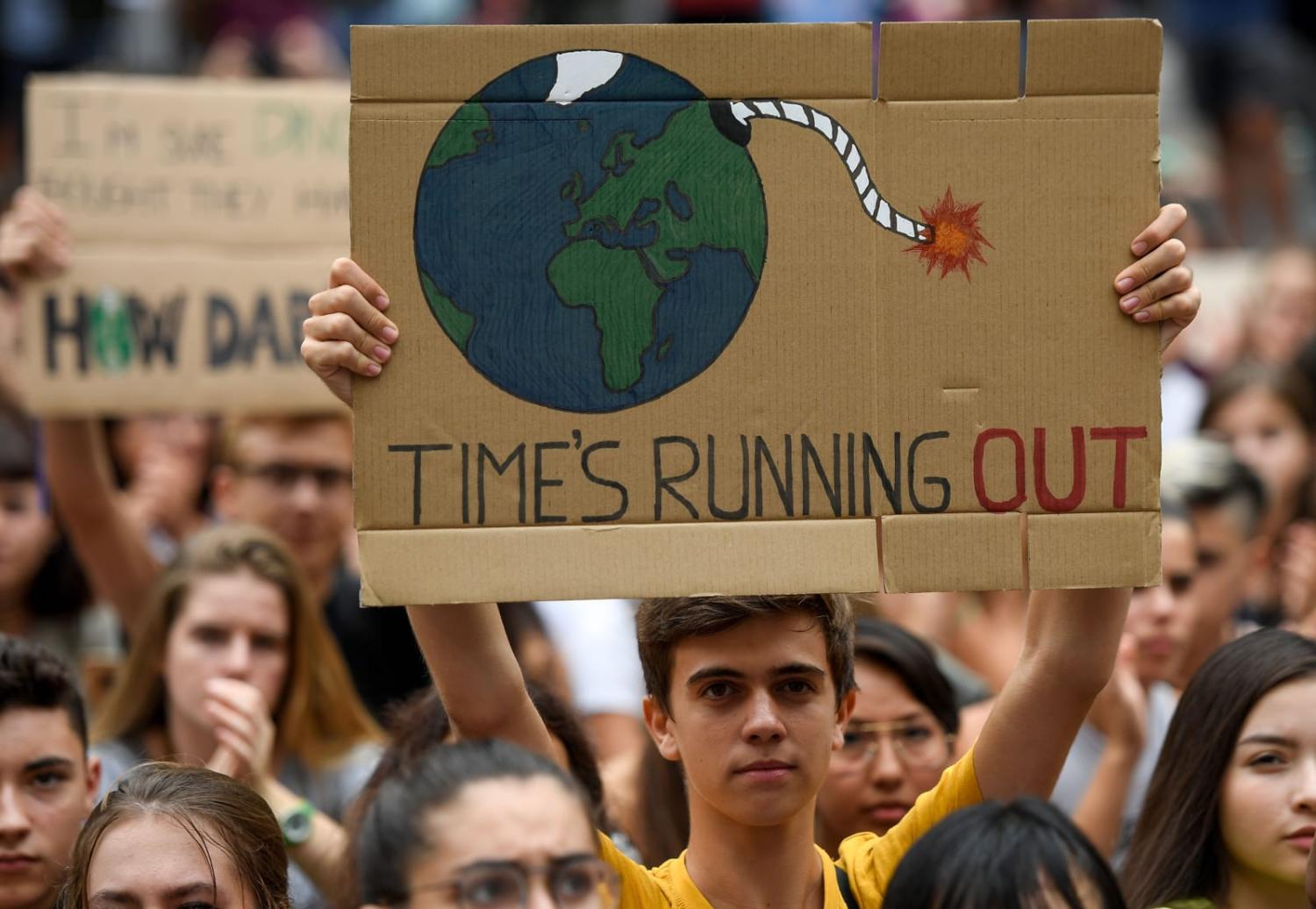The latest Intergovernmental Panel on Climate Change report, released this week, represents the most authoritative and comprehensive summary of current global science on climate change.
After seven years of in-depth assessments, the global scientific community’s message to world leaders is stark: we are dangerously off track to keep warming to 1.5 degrees Celsius – the agreed limit to avert the worst impacts of climate change. We already have the tools to fix this, but urgent action is needed to secure a liveable and sustainable future for humanity.
In Australia, Prime Minister Albanese took office last year with a pledge to end the “climate wars”. The divisive politics surrounding the response to climate change in the last two decades has seen Australian policy action lag the developed world. Indeed, if you only listened to politicians and media, you could be forgiven for thinking that people are deeply divided on climate change.
But how does the Australian public view this issue?
Last year, the annual Lowy Institute Poll showed that a majority of Australians (60%) thought “global warming is a serious and pressing problem”, about which “we should begin taking steps now even if this involves significant costs”. A further 29% said that global warming should be dealt with gradually, with steps that are low in cost. Taken together, 89% of Australians saw global warming as a problem that needed to be addressed.
By contrast, only 10% of respondents said “until we are sure that global warming is really a problem, we should not take any steps that would have economic costs”.
The figures have told a similar story since 2006, when the Lowy Institute started asking these questions: most Australians (consistently over 80% over 16 years of polls) support action on climate change. What has fluctuated over time are views on the urgency of the problem, and on the costs of action.
The highest level of public support was recorded in 2006, when 68% of Australians considered global warming to be a serious and pressing problem. That result coincided with the peak of a decade-long drought in Australia, and was the year before Kevin Rudd was elected Prime Minister, promptly signing the Kyoto Protocol as his first official act.
From there, the sense of urgency waned sharply, bottoming out in 2012 during the time of Julia Gillard’s government, when only 36% saw global warming as a serious and pressing problem, while 18% were unsure it was really a problem. For context, 2012 was the year Labor’s carbon price came into effect, amid a pervasive Coalition campaign targeting the purported economic costs of a “carbon tax”. But even at this point, 81% of Australians still supported taking either immediate or gradual action.
The public’s sense of urgency on climate change has grown steadily since 2012, and over the last five years, largely stabilised. Between 2018 and 2022, those supporting climate action, even at significant economic cost, remained high (between 56–61%) and those who were unsure it is a problem requiring action remained low (9–10%).
The 2022 federal election appeared to reflect the public’s mood on this issue: a swathe of “teal independents” were elected on progressive climate platforms, defeating conservative rivals. And Albanese was quick to act on what he claimed was an electoral mandate – quickly raising Australia’s UN emissions reduction target to 43% below 2005 levels by 2030.
So has politics finally caught up to public opinion on climate change?
As ever, how politicians translate appetite into tangible action will be decisive.
The IPCC’s latest report comes as the Albanese government seeks to shepherd a key element of its climate toolkit, the Safeguards Mechanism reform, through parliament. A reform of a Coalition-era policy, some have criticised the draft bill for not going far enough to curb emissions and limit new fossil fuel developments.
Here, opinion polling can be informative. In testing public support for a suite of possible policy measures, the Lowy Poll shows that Australian attitudes towards coal have darkened in recent years – in 2022, 65% favoured reducing Australian coal exports to other countries (compared to 2016, when 66% said Australia should continue to export coal). And 63% supported banning new coal mines in Australia, steady from 2021.
Meanwhile, “providing subsidies for the development of renewable energy technology” garnered overwhelming support (90%). And most Australians (77%) also endorsed “committing to a more ambitious emissions target for 2030”.
There also appeared to be more appetite for previously unpopular policies. Almost two thirds of Australians (64%) last year supported “introducing an emissions trading scheme or a carbon tax”, up from 40% in 2016.
Albanese was right to claim a public mandate for stronger action on climate change. Delivering will involve a mix of policies that align community expectations, scientific evidence, and political opportunity.
For two decades in Australia, this has proved elusive.
But, as the latest IPCC report makes clear, the world no longer has the luxury of time.
The results of the 2023 Lowy Institute Poll will be released mid-year.

